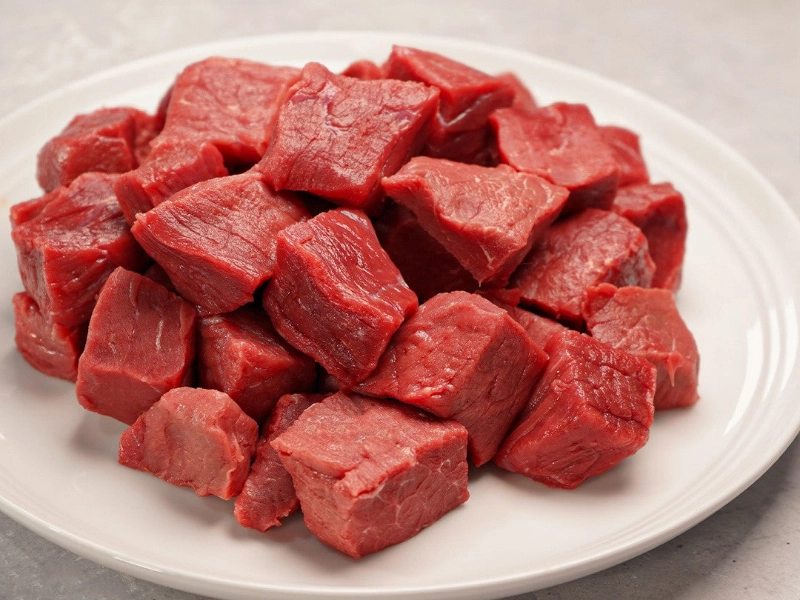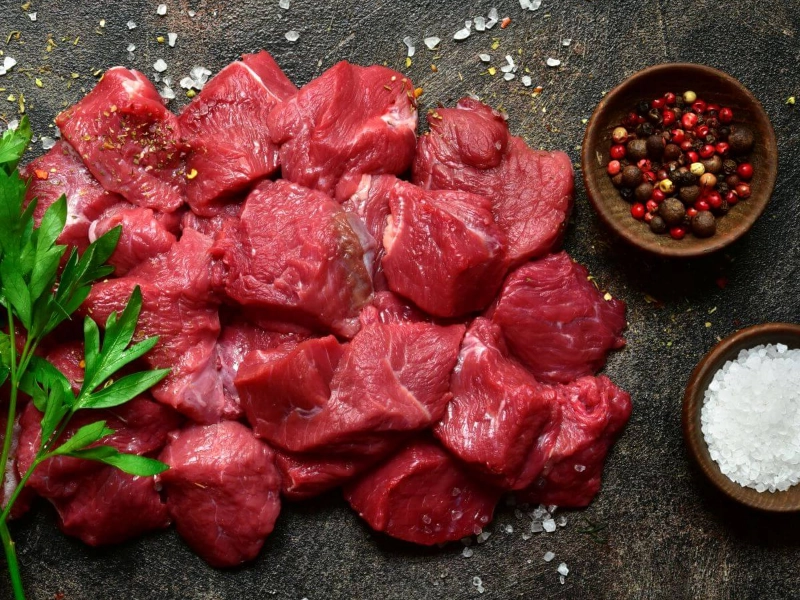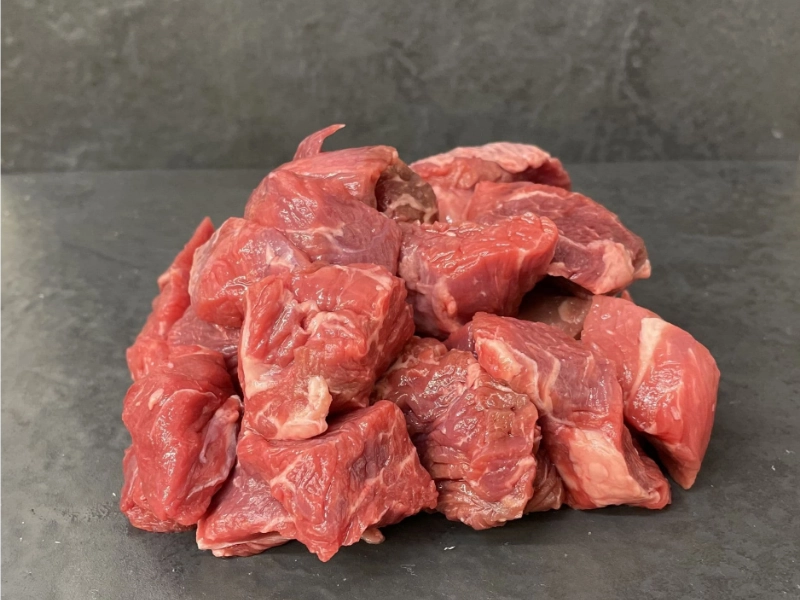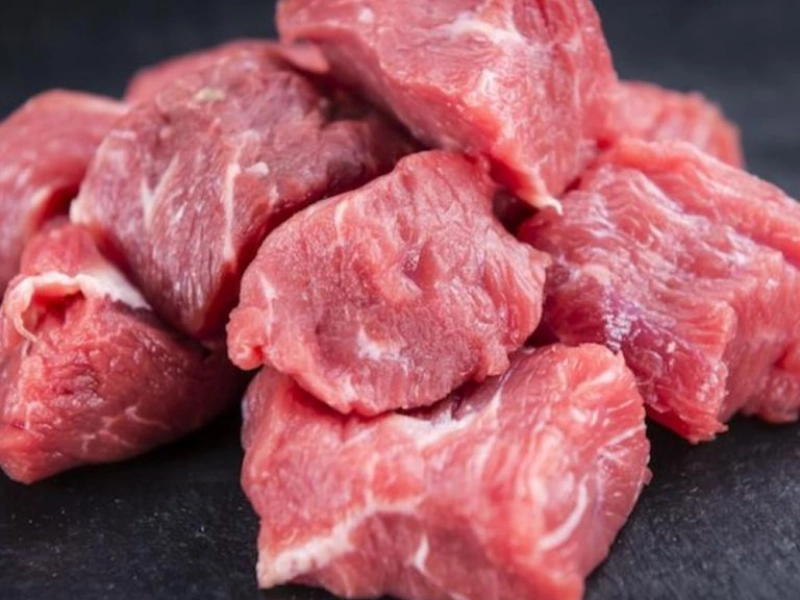For patients, post-operative recovery is a crucial period that depends on appropriate diet to enable healing and regain strength. Often disregarded in conversations on recovery diets, beef is quite important in this process. Packed in vital minerals, beef can help tissues heal, increase vitality, and improve general healing results. Emphasising its value for healing and wellness, this article investigates the several advantages of adding beef in your post-operative diet.

 Often referred to as the building block of life, protein is absolutely vital—especially in the healing stage following surgery. The body needs more proteins following surgery in order to help healing. This is so because surgical operations can cause tissue damage and protein is required to heal that damage. New proteins—which are vital for tissue regeneration—are synthesised from the amino acids contained in proteins.
Studies have showed that enough protein helps to greatly enhance healing results. Higher protein intake patients often have faster healing of wounds and less problems. Comprising all nine of the essential amino acids the body cannot generate on its own, beef is a complete protein. For persons recovering from surgery, this makes it the perfect choice. Including beef in meals will assist satisfy the increased protein requirements during this crucial period and enable a more seamless recovery.
Often referred to as the building block of life, protein is absolutely vital—especially in the healing stage following surgery. The body needs more proteins following surgery in order to help healing. This is so because surgical operations can cause tissue damage and protein is required to heal that damage. New proteins—which are vital for tissue regeneration—are synthesised from the amino acids contained in proteins.
Studies have showed that enough protein helps to greatly enhance healing results. Higher protein intake patients often have faster healing of wounds and less problems. Comprising all nine of the essential amino acids the body cannot generate on its own, beef is a complete protein. For persons recovering from surgery, this makes it the perfect choice. Including beef in meals will assist satisfy the increased protein requirements during this crucial period and enable a more seamless recovery.
 Many patients find low energy levels and tiredness following surgery, which might impede their recovery. Iron is one of the nutrients most important for fighting chronic tiredness. One of the richest sources of heme iron—more easily absorbed by the body than non-heme iron found in plant sources—beef is Maintaining energy levels depends on iron since it guarantees effective oxygen delivery to tissues and helps red blood cells to be formed.
Low iron levels can cause anaemia, a disorder that aggravates tiredness even more and postpones healing. Including beef in the post-operative diet helps patients to raise their iron level and increase their general energy level. Patients who need to engage in required rehabilitation activities—physical therapy, for example—which are essential for restoring strength and mobility following surgery—may find this more energy useful. Therefore, beef not only promotes recovery but also helps patients to actively engage on their path of healing.
Many patients find low energy levels and tiredness following surgery, which might impede their recovery. Iron is one of the nutrients most important for fighting chronic tiredness. One of the richest sources of heme iron—more easily absorbed by the body than non-heme iron found in plant sources—beef is Maintaining energy levels depends on iron since it guarantees effective oxygen delivery to tissues and helps red blood cells to be formed.
Low iron levels can cause anaemia, a disorder that aggravates tiredness even more and postpones healing. Including beef in the post-operative diet helps patients to raise their iron level and increase their general energy level. Patients who need to engage in required rehabilitation activities—physical therapy, for example—which are essential for restoring strength and mobility following surgery—may find this more energy useful. Therefore, beef not only promotes recovery but also helps patients to actively engage on their path of healing.
 Another vital mineral included in beef that is quite important for post-operative healing is zinc. Maintaining a strong immune system depends on this mineral, which is especially vital for surgical patients in recovery. Strong immune responses help ward against infections, which could complicate recovery and extend healing timeframes. Many biological processes, including cell division and protein synthesis—both of which are absolutely necessary for tissue repair—involve zinc.
Studies show that a zinc deficit could cause delayed healing of wounds and more susceptibility to infections. Beef and other meals high in zinc can help patients strengthen their immune systems and hasten healing. Ensuring enough zinc consumption after surgery helps reduce the likelihood of problems, therefore enabling patients to heal more rapidly and effectively.
Another vital mineral included in beef that is quite important for post-operative healing is zinc. Maintaining a strong immune system depends on this mineral, which is especially vital for surgical patients in recovery. Strong immune responses help ward against infections, which could complicate recovery and extend healing timeframes. Many biological processes, including cell division and protein synthesis—both of which are absolutely necessary for tissue repair—involve zinc.
Studies show that a zinc deficit could cause delayed healing of wounds and more susceptibility to infections. Beef and other meals high in zinc can help patients strengthen their immune systems and hasten healing. Ensuring enough zinc consumption after surgery helps reduce the likelihood of problems, therefore enabling patients to heal more rapidly and effectively.
Including beef in your post-operative diet can be easy and taste great. Beef is easy to include into meals since there are several methods to cook and eat it. For example, think about lean beef cuts with minimal fat but high nutritious value, including sirloin or tenderloin. Healthy cooking techniques that help to maintain the meat's nutritional worth are grilling, roasting, or stir-frying. Combining beef with several vegetables will improve the whole nutritional value of your dishes. Including vibrant vegetables gives taste and texture in addition to more vitamins and minerals. Think about creating a substantial beef stew with potatoes and carrots or a beef stir-fry including bell peppers and broccoli. These foods guarantee that you get the nutrients required for best healing, so they can be both good for recovery and fulfilling.
Although beef can be a good addition to your post-operative diet, it is advisable to see medical experts about your particular dietary requirements. Each person recovers differently, hence food needs could change depending on the type of operation and specific health issues. To aid with your rehabilitation, a certified dietitian or nutritionist can assist design a customised meal schedule including beef and other vital nutrients. They can also offer direction on cooking techniques and quantity proportions that fit your dietary constraints and tastes. Working with medical experts helps you to guarantee that you are making wise decisions to improve your path of recovery. Recall that healing mostly depends on good nutrition, thus eating meals high in nutrients like beef can significantly affect your general recovery process.